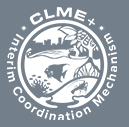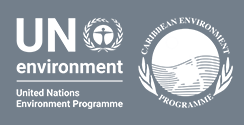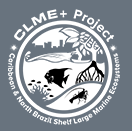CLME PIMS 2193 - Sustainable Management of the Shared Living Marine Resources of the Caribbean Large Marine Ecosystem (CLME) and Adjacent Regions 
Brief Description:
Contributions to the 2030 UN Sustainable Development Agenda (SDG’s)
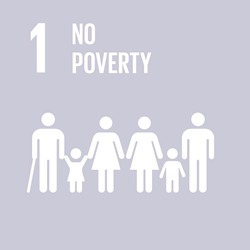
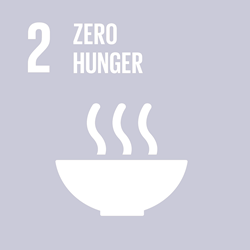
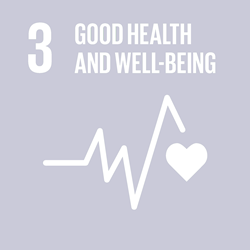
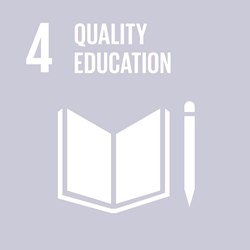
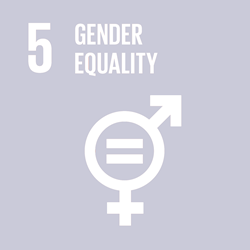
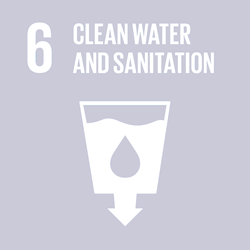
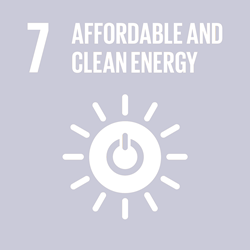
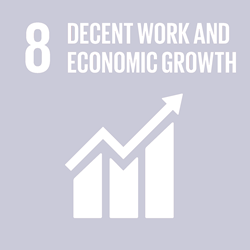
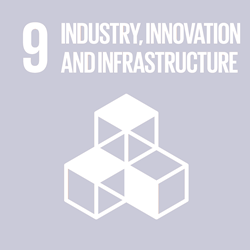
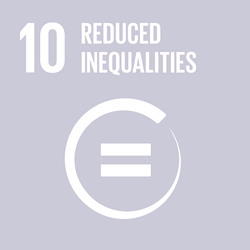
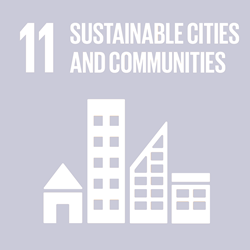
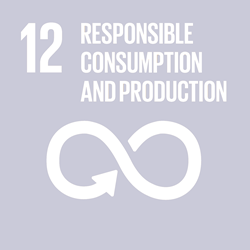
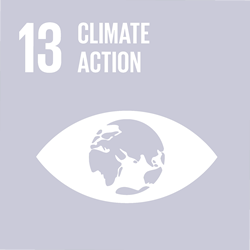
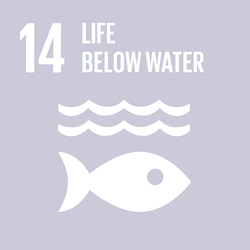
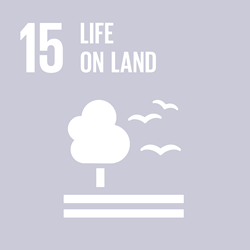
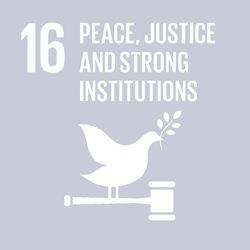
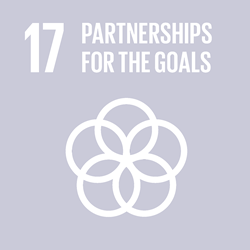
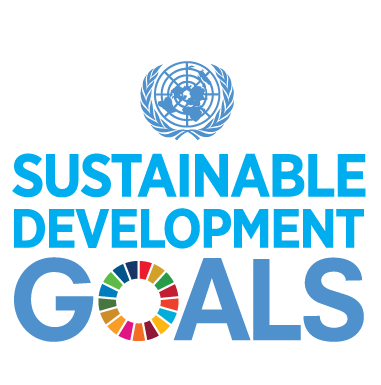
Other Regional and Global Commitments
A preliminary Transboundary Diagnostic Analysis (TDA) identified three priority transboundary problems that affect the Caribbean Large Marine Ecosystem (CLME) and Adjacent Regions: • Unsustainable exploitation of fish and other living marine resources • Habitat degradation and community modification • Pollution The final TDAs prepared under the full-sized CLME Project serve as the scientific basis for the development of an agreed program of interventions (called “SAP”), which may include policy, legal and institutional reforms, conservation measures and pollution control. This Strategic Action Programme (SAP) will document the shared, and commonly-agreed upon vision of the countries participating in the CLME Project with regard to the priority interventions, reforms, and investments that are required to ensure the sustainable provision of goods and services from living marine resources in the Wider Caribbean Region (WCR). More specifically, the CLME Project will facilitate the strengthening of the governance of key fishery ecosystems in the WCR, at the regional, sub-regional and national levels. For this purpose, CLME will give particular attention to the strengthening of horizontal and vertical (technical and political) linkages between existing structures. To assist this process, the project will create an integrated Information Management System (IMS), bringing together congruent fisheries, biological, pollution, and socio-economic data and information as a powerful management tool. Similarly, a framework for periodic monitoring and evaluation of progress towards the achievement of the CLME goals and objectives will be developed.
La visión de la intervención del GEF será la de asistir a los países del Caribe, por medio de un enfoque a nivel de ecosistema, para mejorar el manejo de sus recursos marinos vivos compartidos; la mayoría de los cuales se considera están completamente explotados o sobre-explotados. Un Análisis de Diagnóstico Transfronterizo preliminar (TDA por sus siglas en inglés) identificó tres problemas transfronterizos prioritarios que afectan el Gran Ecosistema Marino del Caribe (GEM Caribe): la explotación insostenible del recurso pesquero y otros recursos vivos, la degradación del hábitat y las modificaciones y contaminación de las comunidades. El ADT final proporcionará la base científica para el desarrollo un progarama de intervenciones, incluyendo reformas en pesquería, medidas de conservación y control de la contaminación. Un Programa de Acción Estratégica (PAE) con una visión compartida para el GEM Caribe se desarrollará y se llegará a un acuerdo en cuanto a las intervenciones, reformas e inversiones prioritarias requeridas. El proyecto propuesto facilitará el fortalecimiento de la gobernabilidad de las pesquerías en el Caribe, a nivel regional, sub-regional y nacional, trabajando a través de estructuras existentes, fortaleciendo vínculos horizontales y verticales tanto en el ámbito político como en el técnico. Para apoyar este proceso, el proyecto creará un sistema integrado de manejo de información, que compilará datos e información armonizada biológica, sociológica, de pesquerías y de contaminación como una poderosa herramienta de gestión. Igualmente, se desarrollará un marco de monitoreo y evaluación, y un Programa de Monitoreo Ambiental Regional. Proyectos piloto de pesquerías transfronterizas específicas (langosta espinosa y peces de arrecife) revisarán los modelos de gobernabilidad a nivel local, nacional y sub-regional, y proveerán conocimiento adicional en materia de la aplicación de enfoques con base en ecosistema al manejo de las pesquerías y la evaluación aspectos importantes socioeconómicos de las pesquerías.
Lead Organization : UNDP
Donor: GEF
Project ID: 00060566
Geographic Scope:
Multicountry (regional)
Project Status: Completed
Start Date: 2009-05-01
End Date: 2014-07-31
Official Project Document: CLME-TE-FINAL180713.pdf
Last Update: 12/03/2020
Start Date: 2009-05-01
End Date: 2014-07-31
Official Project Document: CLME-TE-FINAL180713.pdf
Project Profile Manager: Patrick Debels
Contact Email: patrickd@unops.org
Contact Phone: +57 5 664 82 92 ext 106
Contact Email: patrickd@unops.org
Contact Phone: +57 5 664 82 92 ext 106
Partners: UNEP, FAO, UNESCO, OSPESCA, CRFM, CERMES
Grant (USD):
$7,008,116.00
Total co-financing (USD):
$47,591,111.00
(Co) financing not originating from GEF:
Participating Country(s):
 Antigua and Barbuda
Antigua and Barbuda  Bahamas
Bahamas  Barbados
Barbados  Belize
Belize  Brazil
Brazil  Colombia
Colombia  Costa Rica
Costa Rica  Dominica
Dominica  Dominican Republic
Dominican Republic  Grenada
Grenada  Guatemala
Guatemala  Guyana
Guyana  Haiti
Haiti  Honduras
Honduras  Jamaica
Jamaica  Mexico
Mexico  Nicaragua
Nicaragua  Panama
Panama  Saint Kitts and Nevis
Saint Kitts and Nevis  Saint Lucia
Saint Lucia  Saint Vincent and the Grenadines
Saint Vincent and the Grenadines  Suriname
Suriname  Trinidad and Tobago
Trinidad and Tobago  United States of America
United States of America  Venezuela
Venezuela
 Antigua and Barbuda
Antigua and Barbuda  Bahamas
Bahamas  Barbados
Barbados  Belize
Belize  Brazil
Brazil  Colombia
Colombia  Costa Rica
Costa Rica  Dominica
Dominica  Dominican Republic
Dominican Republic  Grenada
Grenada  Guatemala
Guatemala  Guyana
Guyana  Haiti
Haiti  Honduras
Honduras  Jamaica
Jamaica  Mexico
Mexico  Nicaragua
Nicaragua  Panama
Panama  Saint Kitts and Nevis
Saint Kitts and Nevis  Saint Lucia
Saint Lucia  Saint Vincent and the Grenadines
Saint Vincent and the Grenadines  Suriname
Suriname  Trinidad and Tobago
Trinidad and Tobago  United States of America
United States of America  Venezuela
Venezuela Contributions to the 10-year CLME+ Strategic Action Programme (2015-2025)
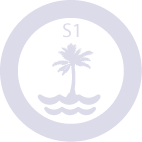


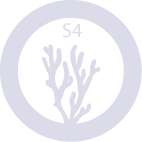
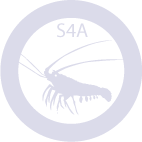

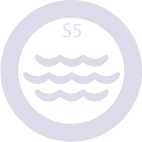
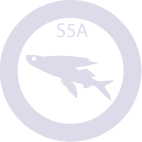
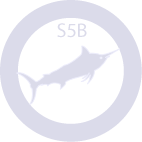
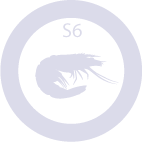
Please click on the colored SAP Strategy icon to obtain more information on the specific SAP Actions this initiative is contributing to (double-click to hide again)
Contributions to the 2030 UN Sustainable Development Agenda (SDG’s)


















Please click on the SDG14 colored icon to see to which specific SDG14 targets this initiative is contributing.
Other Regional and Global Commitments










